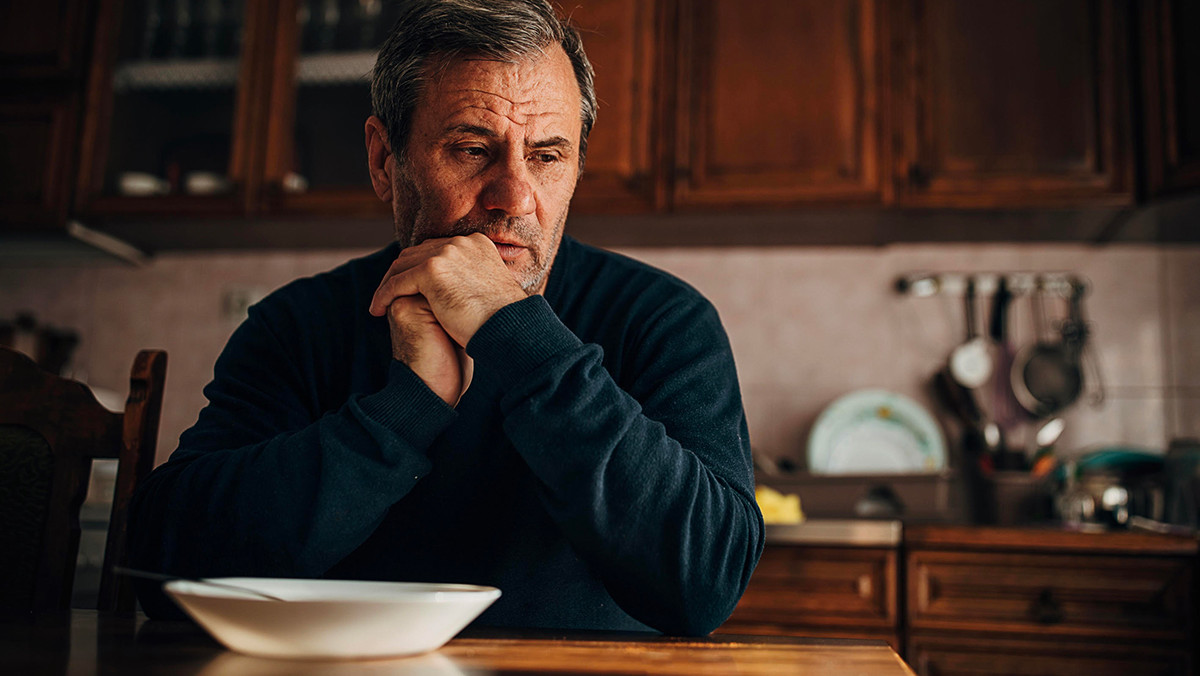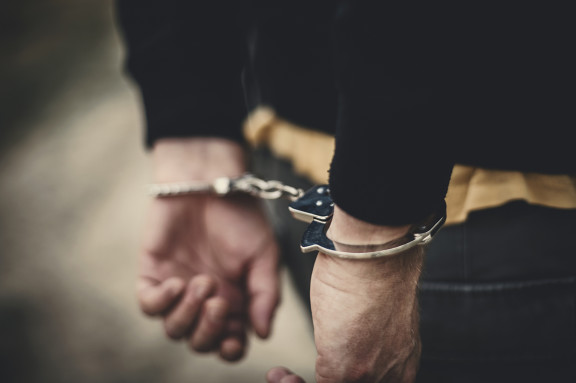
Child Sexual Abuse
Review Panel
The Child Sexual Abuse Review Panel (CSARP) supports victim and survivors who reported allegations of child sexual offences which were then marked ‘no further action’ before
5 June 2013. If it is felt the decision to take ‘no further action’ in the case was in-correct, the CSARP may be able to help.
Cases which will be considered for a CSARP review are where:
- The Report concerns an alleged sexual offence.
- The victim/survivor is referring to a report previously made to the police about the sexual offence.
- A decision to take no further action was taken by the police or by the
Crown Prosecution Service (CPS) before 5 June 2013*. - The alleged sexual offence was committed when the victim/survivor was under 18 years of age.
- The alleged offender may still pose a risk.
- Even if the police or the CPS have previously been asked to look at the decision they made in the past - the case will still be considered.
* for cases marked NFA after 5 June 2013 there is a route of appeal against that decision provided by the Victim's Right to Review (VRR). The CPS website and police force websites all contact further information on the VRR process.
The CSARP will look again at cases where:
- Victims/survivors feel the decision to take no further action (NFA) was in-correct and they would like the position to be revisited.
- When a victim/survivor requests a review of their case, the matter is initially referred to the police or CPS area responsible for the original decision. They have the opportunity to reconsider the decision, or reinvestigate if they feel it is appropriate. Only when they consider the NFA decision was correct, is the matter referred for the CSAP to consider.
- The Panel have the options of returning the matter to police and / or CPS to reconsider and reinvestigate, or they might agree that NFA was in fact the correct decision. However, 15% of the cases referred end in charge and conviction, and all other victim (survivors) engaging with the Panel have the satisfaction of knowing their case has been reconsidered (or reinvestigated) to present day standards and receive an explanation of the obstacles preventing the laying of charges.
- If a case should be revisited, it will be referred back to the police force (or CPS area) from where the case originated for them to decide on the action to be taken. All cases fitting the criteria will be considered; there is no right of appeal from the decision of the panel.

What does the panel do?
Looks at information requested and provided by the relevant police force or Crown Prosecution Service (CPS) area. It will then decide whether to advise that the original decision was correct or if further action should be taken (e.g., review by the CPS or reinvestigation). Sole responsibility for taking this decision in the panel rests with the police and CPS members. The independent representative on the panel plays an advisory role, i.e., they receive and consider the relevant information and provide views to the police and CPS panel members as to the decision they consider should be taken.
Who is on the panel:
- Chief Crown Prosecutor
- Chief Police Officer
- An experienced prosecutor
- An experienced child abuse police investigator
- An appropriate independent representative

Victims/survivors can refer their cases to the panel through a dedicated email address: